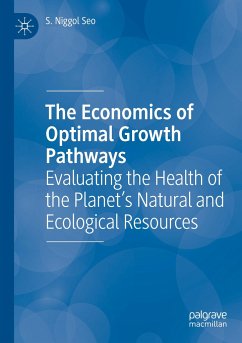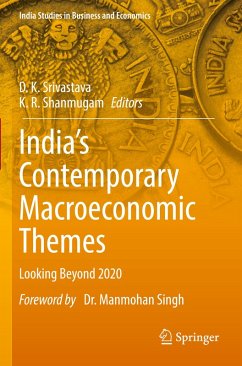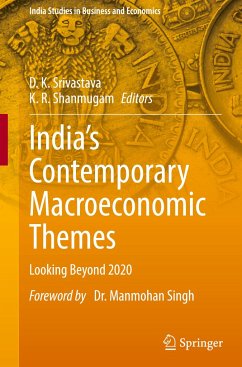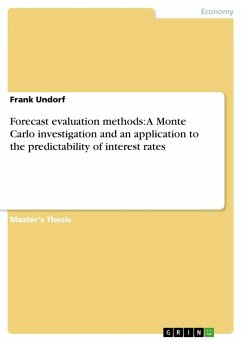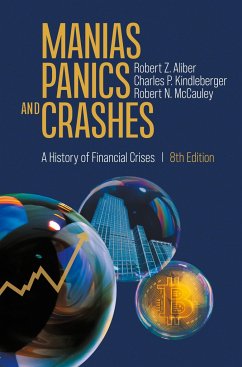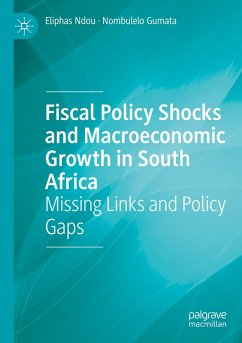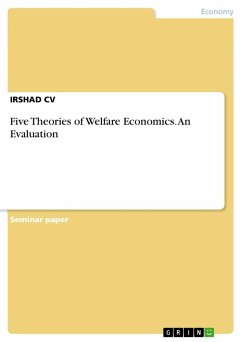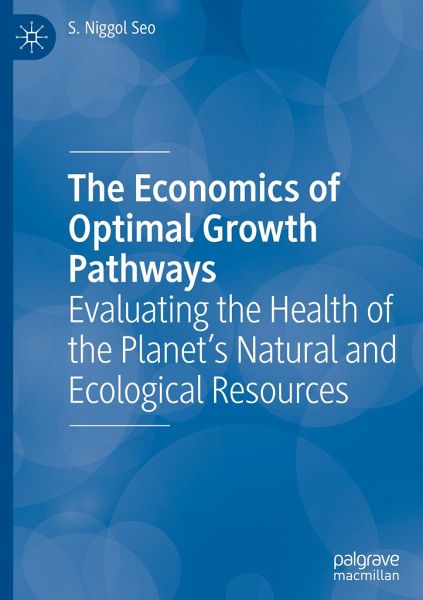
The Economics of Optimal Growth Pathways
Evaluating the Health of the Planet's Natural and Ecological Resources
Versandkostenfrei!
Versandfertig in 6-10 Tagen
98,99 €
inkl. MwSt.
Weitere Ausgaben:

PAYBACK Punkte
49 °P sammeln!
Every society aspires to be prosperous. It also endeavors to minimize the side effects of economic growth. This book entitled The Economics of Optimal Growth Pathways addresses numerous trade-offs faced by society to achieve prosperity and explores the best possible growth pathways. The theories explored in this book serve as a springboard to better understand key challenges and aspects of the economy, including food security, land use, forest and resource management, capital markets and interest rates, oil and gas extraction, fish and marine resources, saving and investment, and climate chang...
Every society aspires to be prosperous. It also endeavors to minimize the side effects of economic growth. This book entitled The Economics of Optimal Growth Pathways addresses numerous trade-offs faced by society to achieve prosperity and explores the best possible growth pathways. The theories explored in this book serve as a springboard to better understand key challenges and aspects of the economy, including food security, land use, forest and resource management, capital markets and interest rates, oil and gas extraction, fish and marine resources, saving and investment, and climate change.
This book elucidates the concept of optimal economic growth pathways while addressing the challenges faced in natural resources and life on the planet. It will be relevant to students and researchers interested in resource and environmental economics.
This book elucidates the concept of optimal economic growth pathways while addressing the challenges faced in natural resources and life on the planet. It will be relevant to students and researchers interested in resource and environmental economics.





